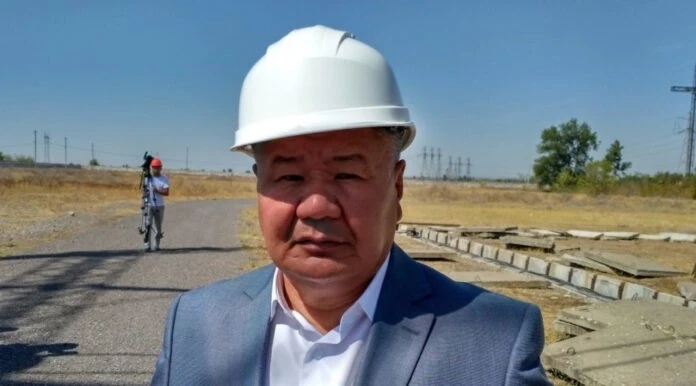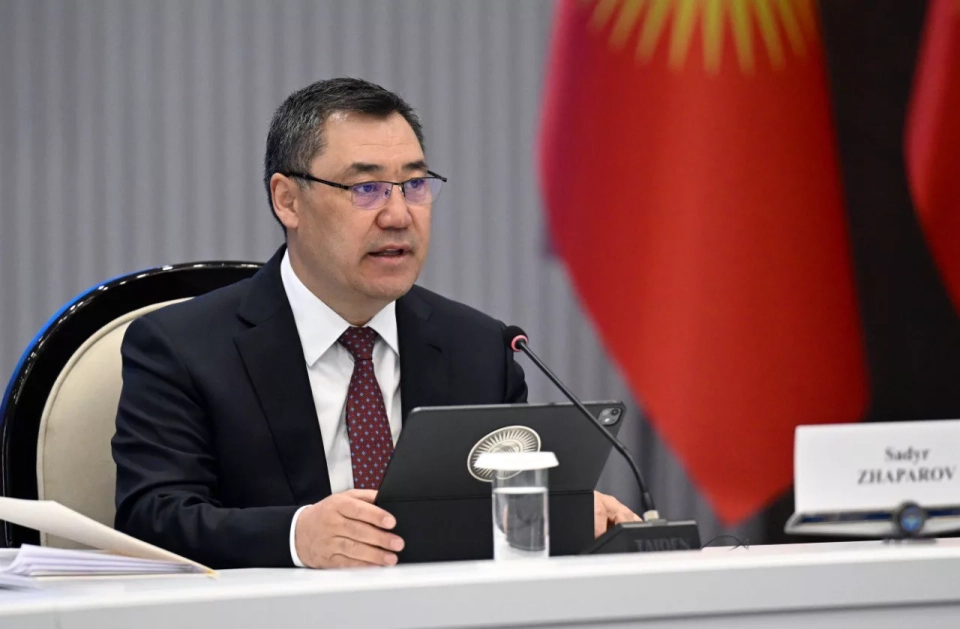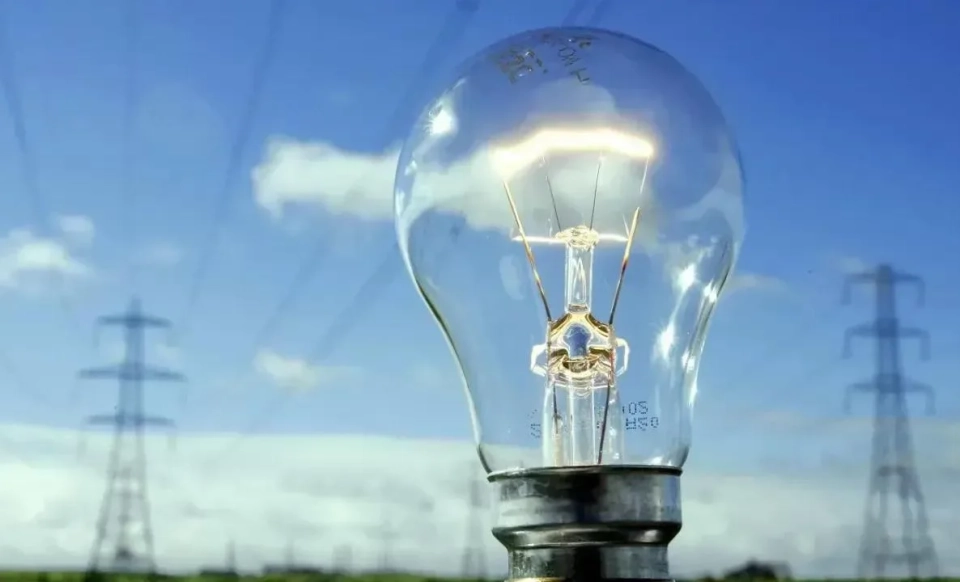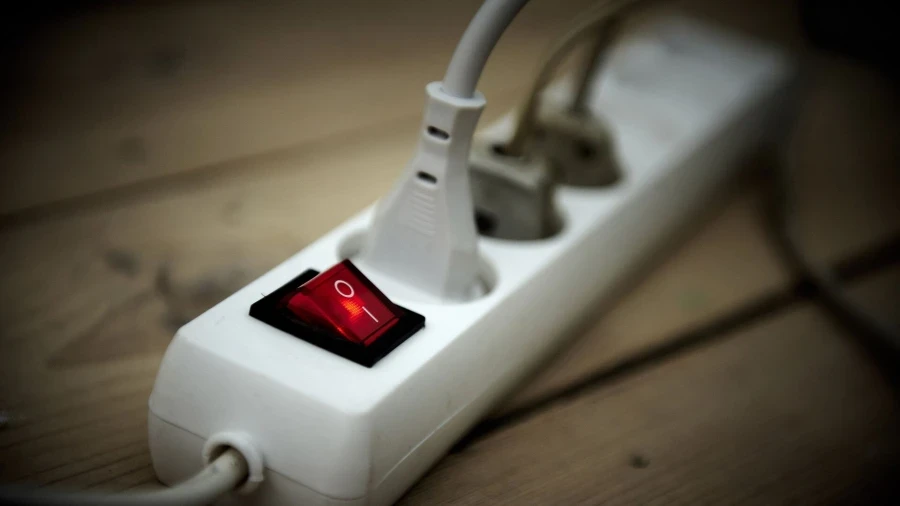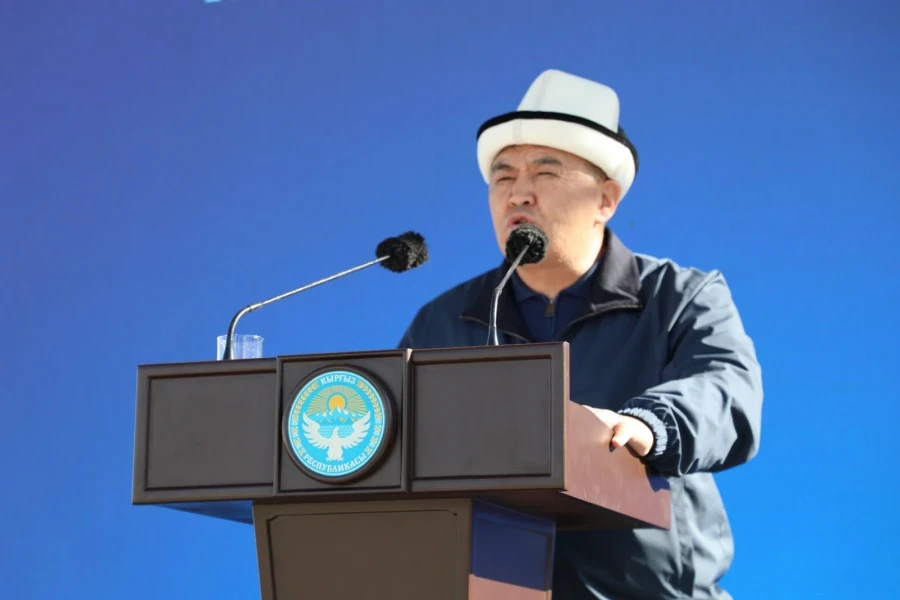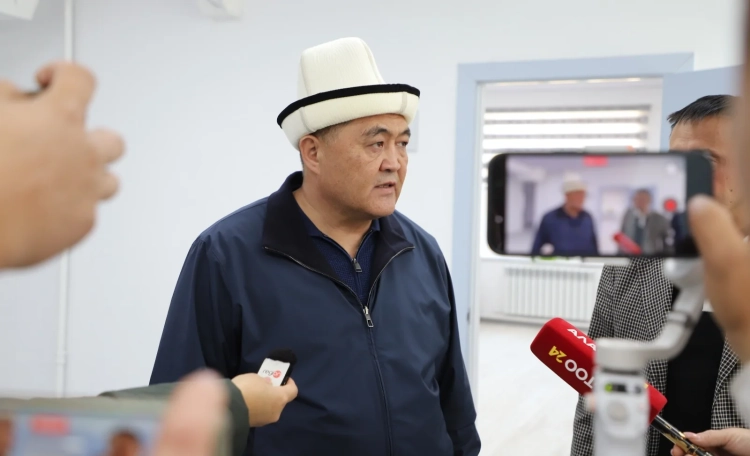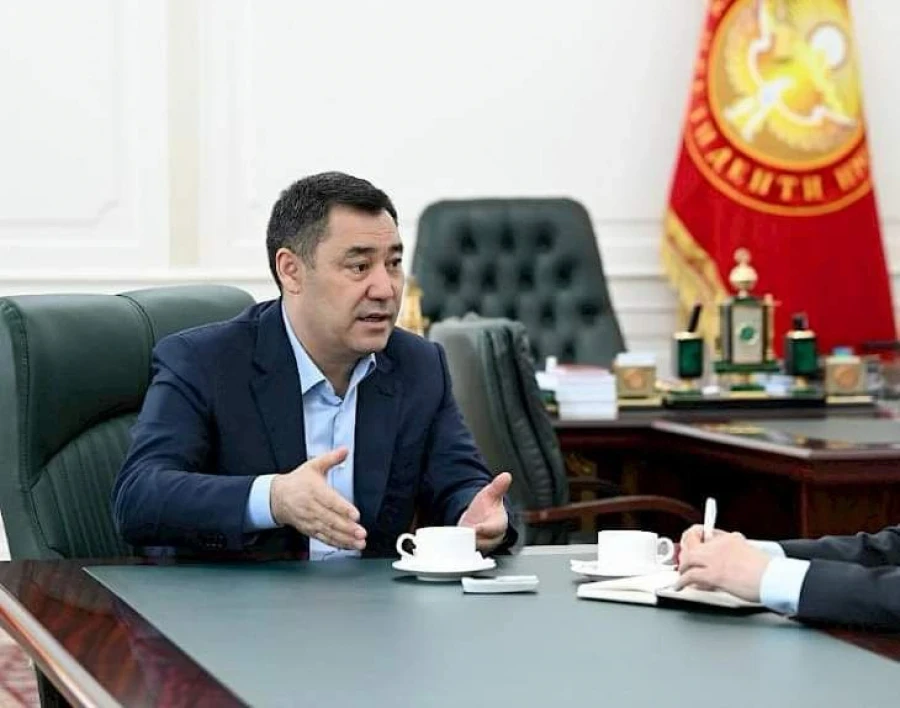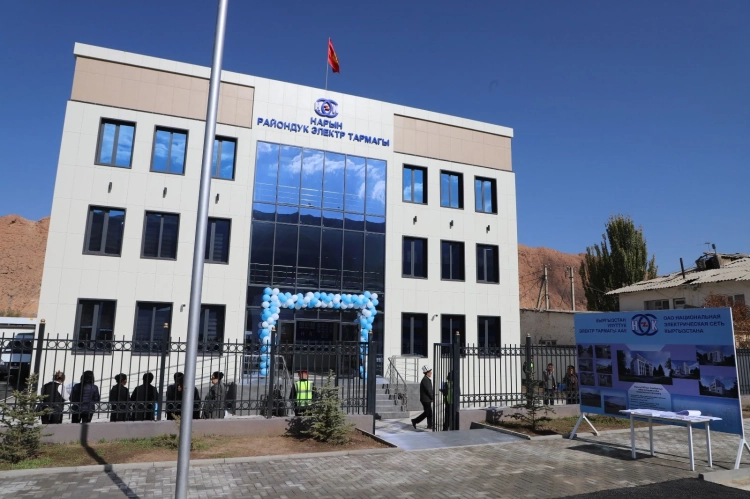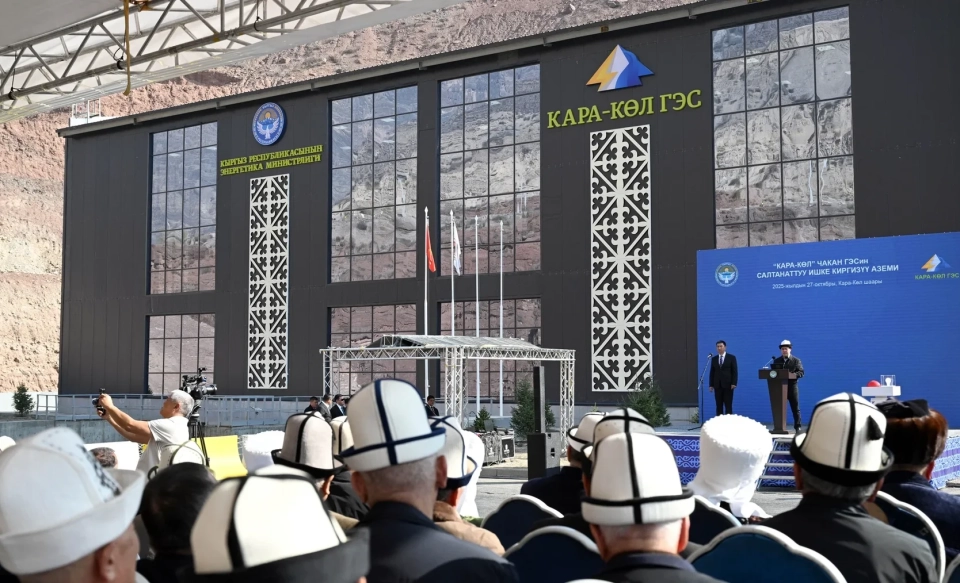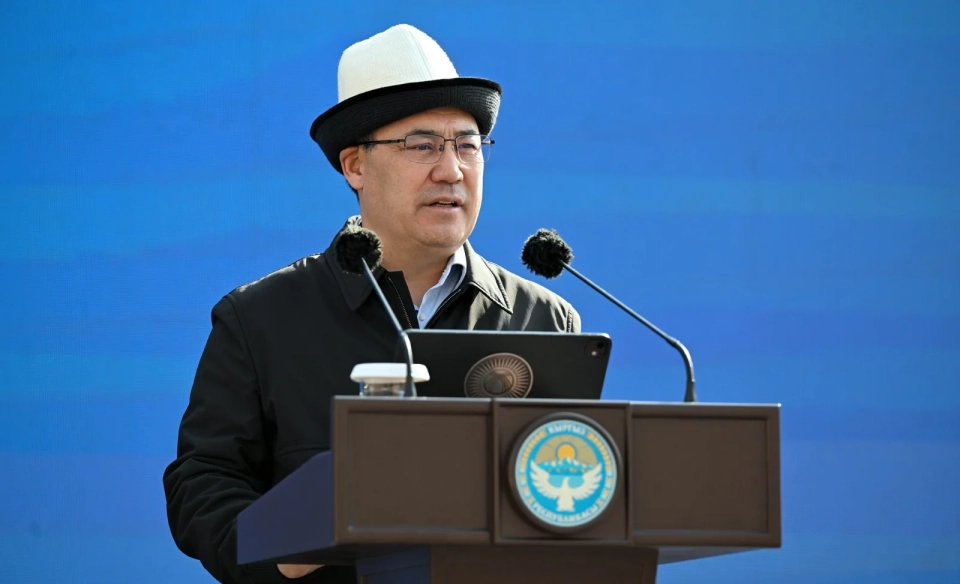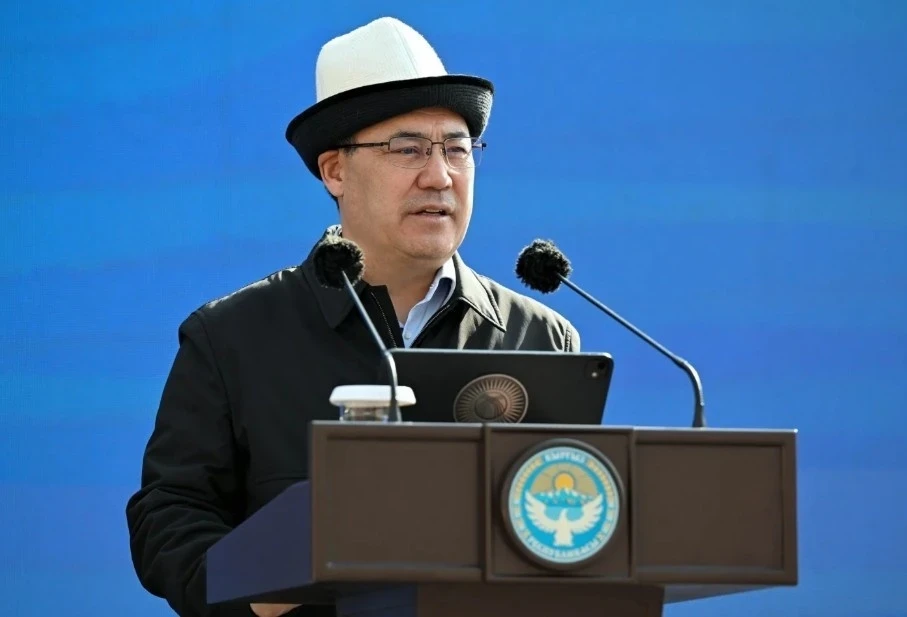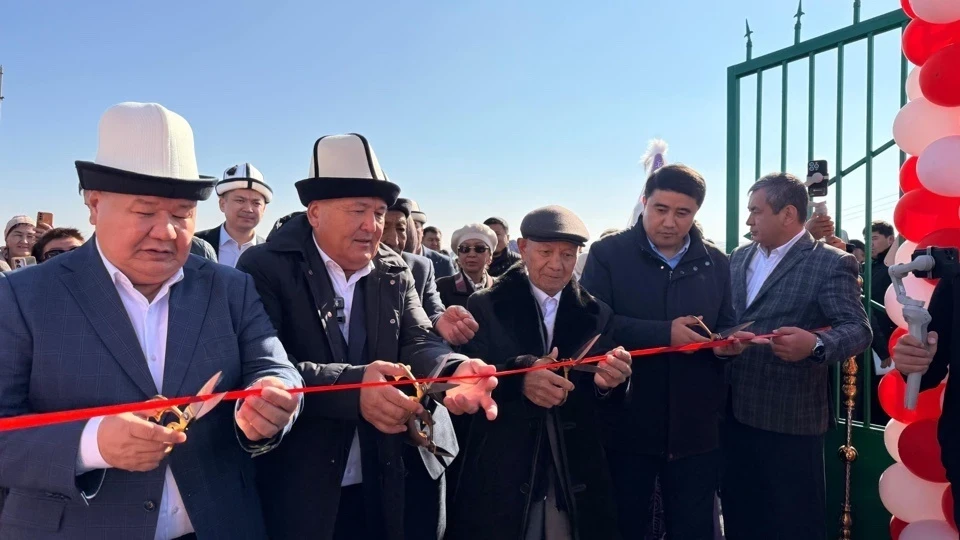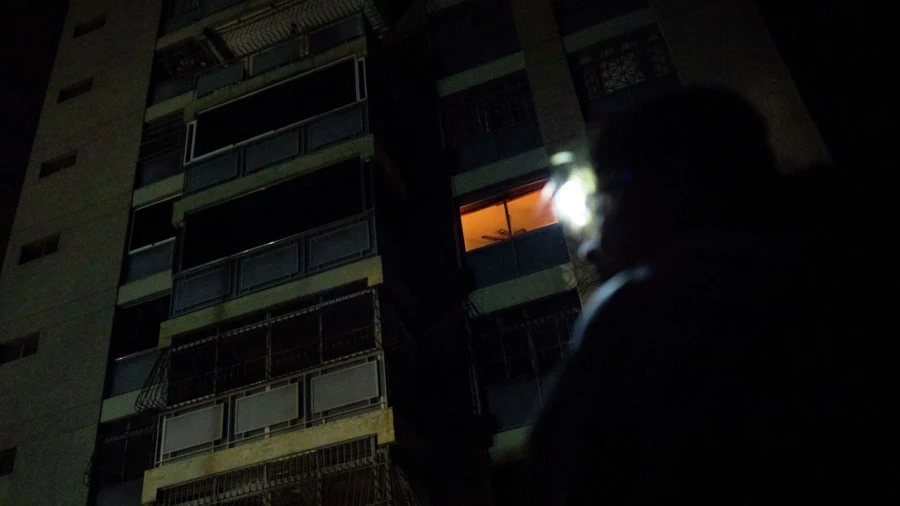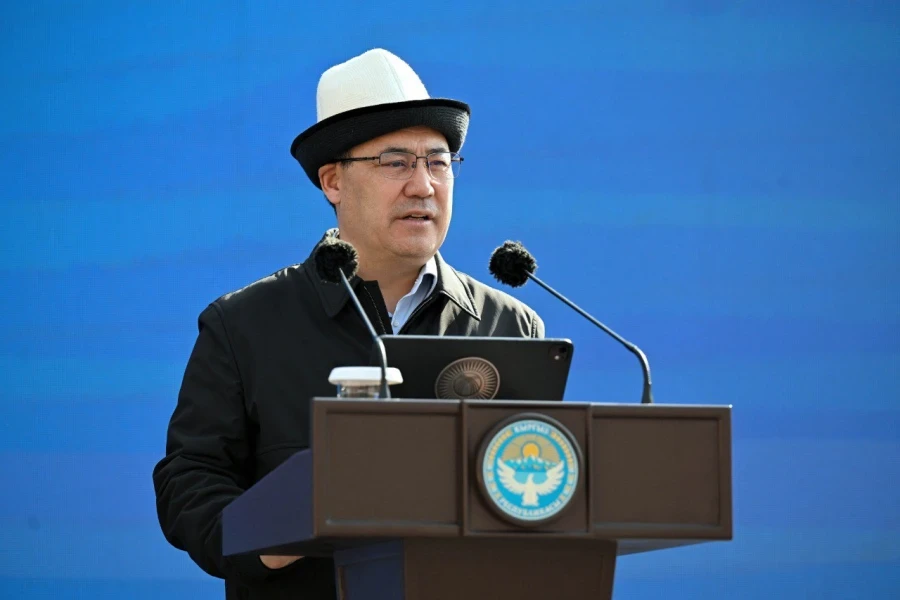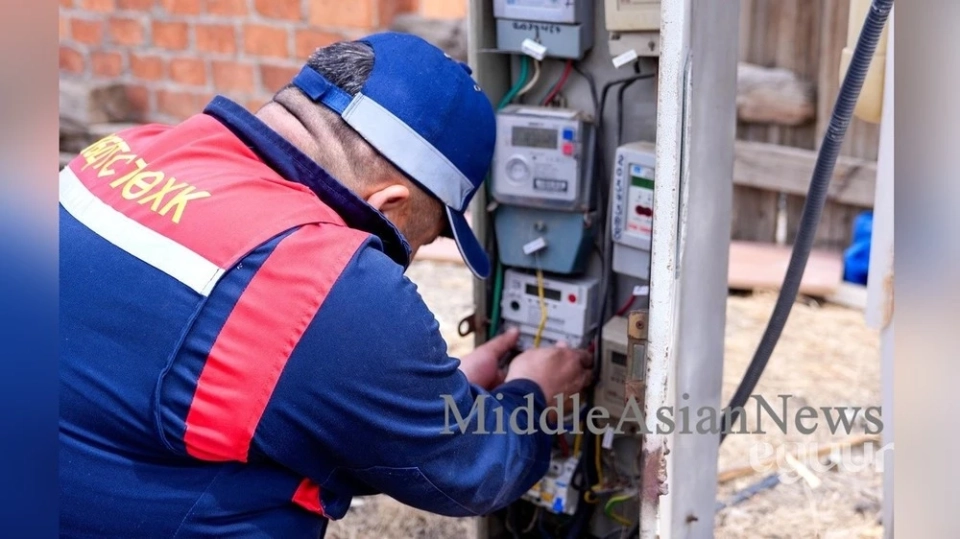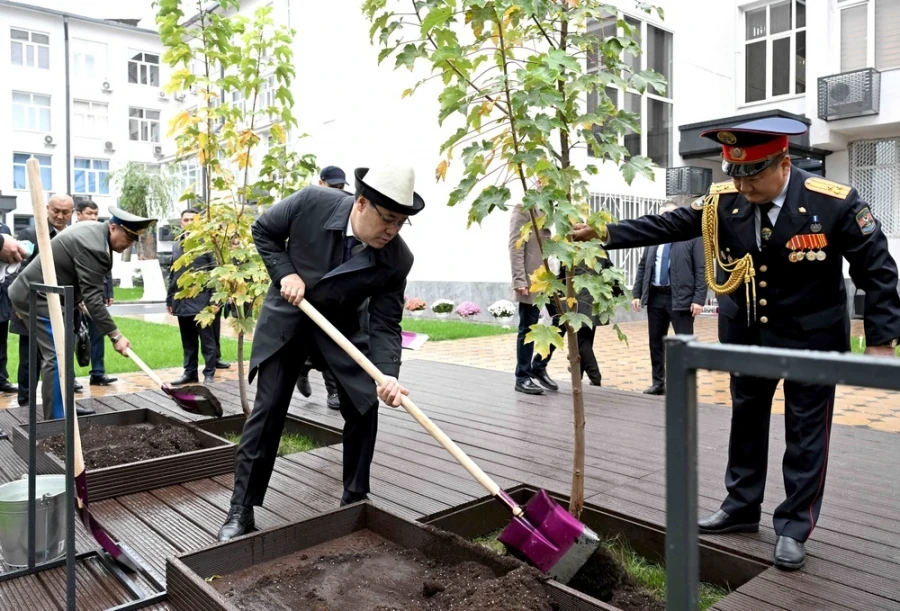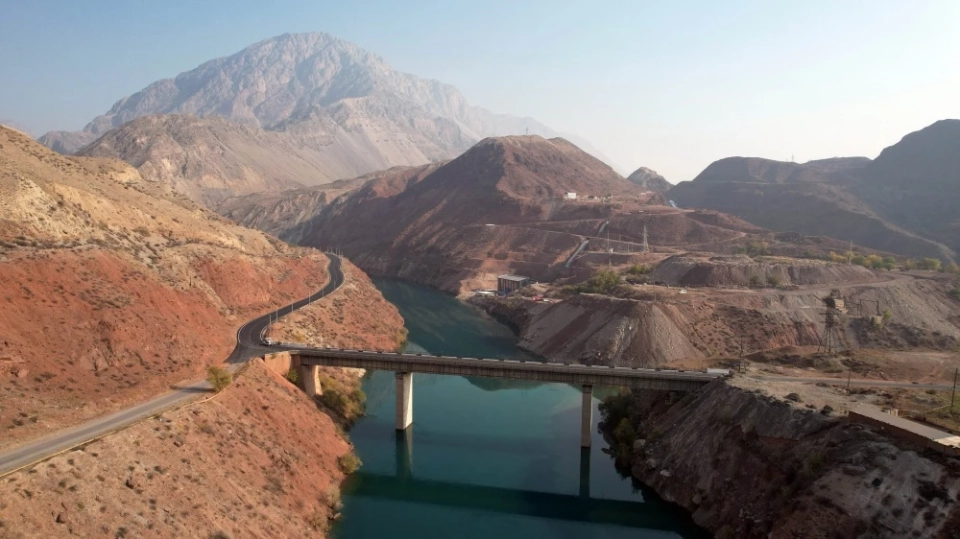
According to information from Isabek Orozbaev, a representative of the OJSC "National Electric Networks of Kyrgyzstan," a decrease in electricity supply capacity is expected in the country in the morning and evening. However, residents will be able to connect to an unlimited tariff if they contact local electric network enterprises.
This situation raises many questions. What does such a division into rich and poor mean? Even with a critical decrease in the level of the Toktogul reservoir, access to electricity becomes a matter of social inequality.
The people of Kyrgyzstan are asking the question: "Where is the water from Toktogul?" In response to reports of resource shortages, no clear explanations are provided; only information about the deficit is shared, and people are asked to be patient.
The Kyrgyz people, known for their resilience, are ready to endure hardships if they understand the reasons for what is happening and receive promises for solutions to the problems.
However, officials continue to ignore the need for open communication with the population. They themselves divide society by offering "the rich" unlimited electricity while providing "the poor" only scraps. This creates a sense of cruel capitalism that does not align with the modern realities of Kyrgyzstan.
President Sadyr Japarov sharply condemned the actions of Energy Minister Talaybek Ibraev, stating that such initiatives are unacceptable in conditions of resource shortages and may deepen social stratification. He demanded an immediate cessation of the new tariff and measures to ensure equal access to electricity for all citizens during the winter period.
At the opening of the RES in Naryn, Kamchybek Tashiev emphasized that power outages in winter should not be allowed and assured that everything possible is being done to restore infrastructure. He noted that despite the lack of water in the reservoirs, outages should not become a reality.
The president has also repeatedly emphasized the importance of providing electricity to the population during the winter period.
However, the Ministry of Energy prefers to remain silent and does not see the need to engage in dialogue with the people, continuing to categorize them. Officially, they announce a shortage of electricity, but in reality, the resource is available only to those who can pay for it. This is blatant discrimination.
Since the issue of electricity supply concerns not only the economy but also national security, the people believe it is necessary to place the Ministry of Energy under the control of the GKNB at least for the duration of the heating season.
Unlike the energy minister, the head of the GKNB is genuinely concerned about the welfare of ordinary people and is ready to openly discuss the emerging problems and their solutions.
It is important that the people are spared unnecessary difficulties, as they are already going through tough times.

